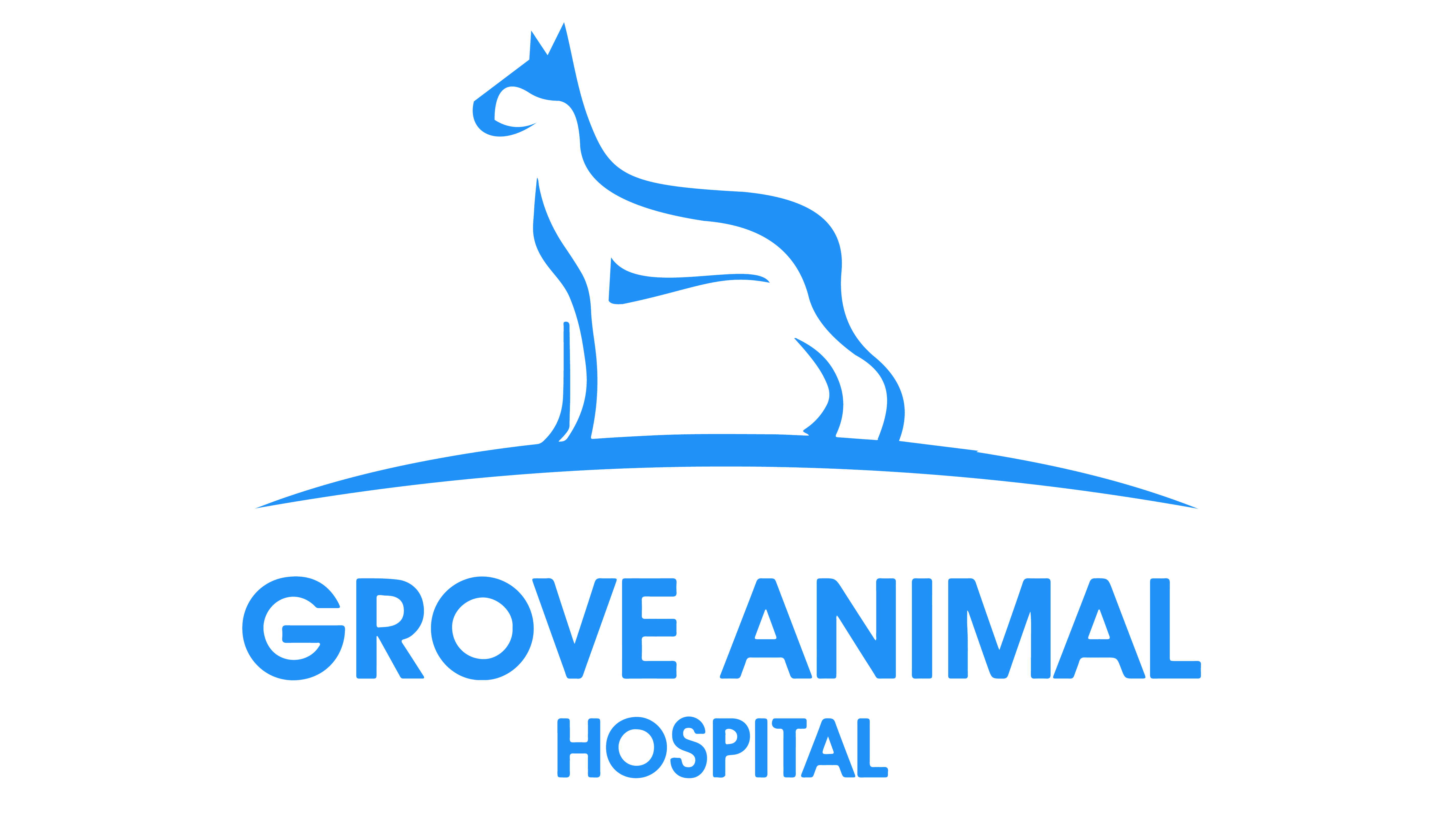Spay and Neuter Coconut Grove Fl
Grove Animal Hospital Veterinarian
What is Spay and Neuter?
Spaying and neutering refer to surgery to remove certain reproductive organs of the female (spay) and male (neuter) in order to prevent pregnancy. A spay involves removal of the ovaries and generally the uterus as well through an abdominal incision. A neuter involves removing the testicles through a skin incision.
Why Spay and Neuter?
Spaying and neutering your pet helps to prevent accidental pregnancy and unwanted litters and helps to reduce the overpopulation of homeless dogs and cats. In addition, spay and neuter have been shown to have some other benefits. Spaying females at an early age significantly reduces the chance of mammary cancer in the future, and spaying at any age prevents pyometra (a serious and life-threatening uterine infection). Neutering males prevents prostatic hyperplasia (enlargement), prostate inflammation and infection, and certain anal tumors. Spaying and neutering also has some behavioral benefits, including decreasing male urine marking behaviors and some types of aggression. There is a growing amount of research on when is the best time to spay and neuter. It is best to discuss timing of spay or neuter for your pet with your veterinarian.
What can I expect during and after surgery?
On the day of surgery, you will check your pet into the hospital in the morning. Your pet will be examined by the doctor, and if not already performed, we will run some blood tests prior to anesthesia to make sure that your pet appears healthy to undergo anesthesia. An IV catheter is placed in the leg in order to administer pain medications, anesthetic drugs, and fluids. Your pet is monitored throughout anesthesia and during recovery. After surgery, your pet will typically go home the same day with some pain medications for comfort and instructions to restrict activity for 1-2 weeks. Most pets are back to their normal selves within 1-2 days of surgery, and restricting their activity is the hardest part! Complications are rare, but can include bleeding, infection, or anesthestic complications.
Spayed and neutered pets need 11-15% less calories than intact animals, so it is important to measure your pet’s food and monitor their weight every 2-4 weeks in the months after the procedure to prevent unwanted weight gain.


